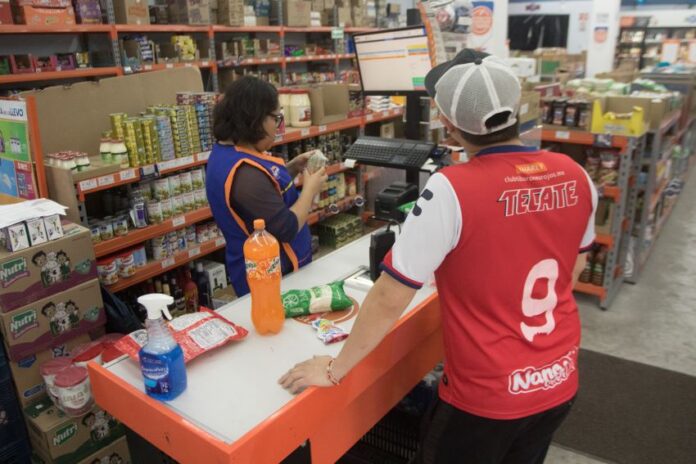A new law safeguarding workers’ right to take periodic breaks is now in effect throughout Mexico, and employers who don’t allow employees to get off their feet and sit in a chair from time to time will face hefty fines.
A labor reform known as the Ley Silla (Chair Law) was approved by Congress late last year and published in the federal government’s Official Gazette on Dec. 19, 2024. Upon publication, employers were granted 180 days to become compliant with the law’s requirements.
The law establishes that employers’ primary obligations are: (1) ensuring there are a sufficient number of seats with backrests for employees’ use, and (2) not preventing employees from taking seated breaks when the nature of the work allows it.
Employers in the service and retail industries, and similar sectors, are the employers most directly impacted by the Chair Law, whose objective is to prevent employees from having to remain standing for the entirety of their shifts.
The motivation for the reform is that prolonged standing on a regular basis at work can lead to adverse health outcomes, according to the European Agency for Safety and Health at Work (EU-OSHA).
The end result of the Chair Law is that employers should see a reduction in occupational risks and costs associated with disabilities.
Research cited by EU-OSHA shows a clear link between the time workers must stand and symptoms related to lower back complaints and lower limb complaints.

Prolonged standing can lead to various musculoskeletal, circulatory and other health issues. Such issues include low back pain, muscle fatigue, swelling in the legs and feet, varicose veins and poor circulation. In some cases, prolonged static standing can contribute to joint problems, foot issues and cardiovascular problems.
EU-OSHA defines prolonged standing as standing more than one hour without moving from the workstation and standing more than four hours a day.
Although Mexico’s Chair Law specifies that service and retail industry employers are subject to its requirements, it does not exempt employers in other industries. As a result, it is likely that all employers will have to meet the law’s requirements.
Employers covered by the Chair Law must:
- Provide a sufficient number of chairs with backrests for employees.
- Allow employees to take periodic breaks to sit and rest on chairs with backrests during their shifts, and make sure that work spaces feature adequate space for employees to alternate between standing postures and other postures.
- Company regulations must include rules regarding rest periods and the use of chair backrests.
- Companies must inform and advise employees about the health risks related to prolonged standing.
If employees find employers are not complying with the law, they can file a formal complaint with the Labor Ministry.
In cases of noncompliance, fines can be levied, ranging from 28,000 pesos to $280,000 pesos (US $1,472 to $14,720). In case of recidivism, the offending company can be closed down.
With reports from Expansión, El Universal and El Economista
